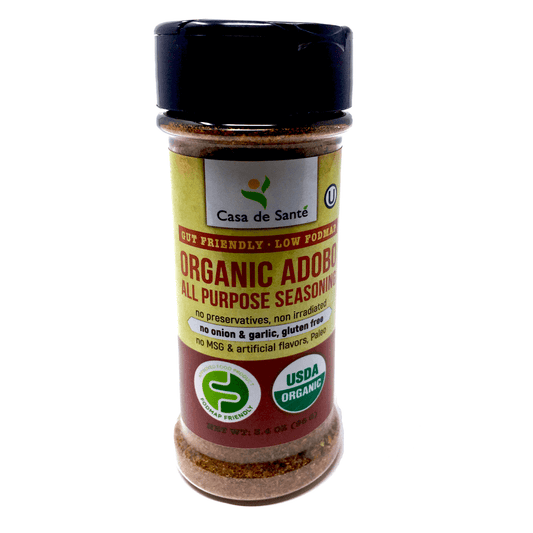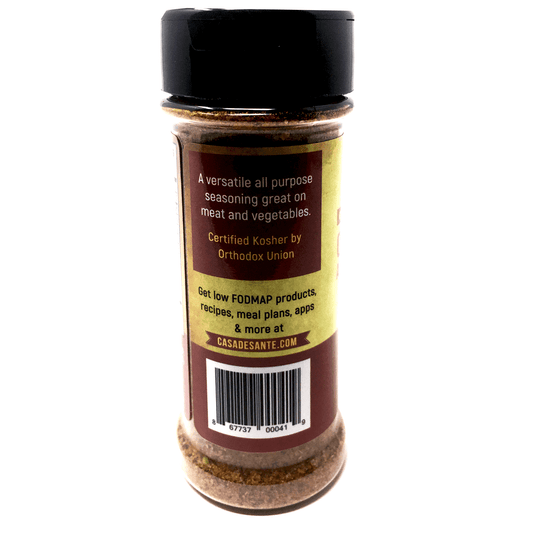Colon Cancer Screening: Inflammatory Bowel Disease Explained
Inflammatory Bowel Disease (IBD) is a term that encompasses a group of disorders that cause chronic inflammation in the digestive tract. The two primary types of IBD are Crohn's disease and ulcerative colitis. Both of these conditions can increase the risk of developing colon cancer, making regular screening a critical aspect of managing and treating IBD.
This article will delve into the intricate relationship between IBD and colon cancer, with a particular focus on the importance of colon cancer screening for individuals with IBD. We will explore the pathophysiology of IBD, its connection to colon cancer, the various screening methods available, and the current recommendations for colon cancer screening in IBD patients.
Understanding Inflammatory Bowel Disease
Inflammatory Bowel Disease (IBD) is characterized by chronic inflammation of the digestive tract, which can lead to a variety of symptoms including abdominal pain, severe diarrhea, fatigue, weight loss, and malnutrition. The exact cause of IBD is unknown, but it is believed to result from a combination of genetic, environmental, and immune system factors.
There are two main types of IBD: Crohn's disease and ulcerative colitis. Crohn's disease can affect any part of the digestive tract from the mouth to the anus, while ulcerative colitis is limited to the colon and rectum. Both conditions can cause similar symptoms, but they have different underlying pathologies and require different treatment approaches.
Crohn's Disease
Crohn's disease is a type of IBD that can affect any part of the digestive tract, but it most commonly affects the end of the small intestine (the ileum) and the beginning of the colon. In Crohn's disease, inflammation can occur in all layers of the intestinal wall, leading to a variety of complications such as abscesses, fistulas, and strictures.
The symptoms of Crohn's disease can vary widely depending on the part of the digestive tract that is affected. Common symptoms include abdominal pain, diarrhea, weight loss, and fatigue. Some people with Crohn's disease may also experience symptoms outside of the digestive tract, such as joint pain, skin problems, and eye inflammation.
Ulcerative Colitis
Ulcerative colitis is another type of IBD that primarily affects the colon and rectum. Unlike Crohn's disease, which can affect all layers of the intestinal wall, ulcerative colitis only affects the innermost lining of the colon. This can lead to the formation of ulcers and sores, which can cause bleeding and pus.
The symptoms of ulcerative colitis can include abdominal pain, bloody diarrhea, urgency to defecate, and weight loss. Like Crohn's disease, ulcerative colitis can also cause symptoms outside of the digestive tract, such as joint pain, skin problems, and eye inflammation.
The Connection Between IBD and Colon Cancer
Individuals with IBD, particularly those with long-standing and extensive ulcerative colitis or Crohn's disease affecting the colon, have an increased risk of developing colon cancer compared to the general population. This is believed to be due to the chronic inflammation and cell turnover in the colon, which can lead to DNA damage and the development of cancerous cells.
While the risk of colon cancer in IBD patients is higher than in the general population, it's important to note that most people with IBD will not develop colon cancer. However, because of this increased risk, regular colon cancer screening is recommended for individuals with IBD.
Why does IBD Increase the Risk of Colon Cancer?
The exact mechanisms by which IBD increases the risk of colon cancer are not fully understood, but it is believed to involve a combination of genetic, immune, and environmental factors. Chronic inflammation in the colon can lead to DNA damage in the cells lining the colon, which can eventually lead to the development of cancerous cells.
Additionally, some of the medications used to treat IBD, such as immunosuppressants, may also increase the risk of developing colon cancer. However, the benefits of these medications in controlling inflammation and preventing complications of IBD generally outweigh the potential risks.
How Often Does Colon Cancer Occur in IBD Patients?
The risk of colon cancer in IBD patients varies depending on several factors, including the extent and duration of the disease, the age at which the disease began, family history of colon cancer, and the presence of other risk factors such as smoking and obesity.
It's estimated that the risk of colon cancer in IBD patients is approximately two to three times higher than in the general population. However, the absolute risk is still relatively low, with about 1 in 200 IBD patients developing colon cancer over a 30-year period.
Colon Cancer Screening in IBD Patients
Given the increased risk of colon cancer in IBD patients, regular colon cancer screening is recommended. The goal of screening is to detect and remove precancerous polyps before they can develop into cancer, and to detect cancer at an early stage when it is more treatable.
There are several different methods of colon cancer screening, including colonoscopy, flexible sigmoidoscopy, and stool-based tests. The choice of screening method depends on a variety of factors, including the patient's overall health, the extent and severity of their IBD, and their personal preferences.
Colonoscopy
Colonoscopy is the most commonly used method of colon cancer screening in IBD patients. During a colonoscopy, a long, flexible tube with a camera on the end is inserted into the rectum and guided through the entire colon. This allows the doctor to visually inspect the colon for any abnormalities, such as polyps or cancer.
If any polyps are found during the colonoscopy, they can be removed immediately. Biopsies can also be taken of any suspicious areas for further analysis. A colonoscopy is generally recommended every 1 to 2 years for IBD patients, depending on the extent and severity of their disease.
Flexible Sigmoidoscopy
Flexible sigmoidoscopy is another method of colon cancer screening that involves the use of a shorter, flexible tube to inspect the lower part of the colon. Because it only examines the lower part of the colon, it may not be suitable for all IBD patients, particularly those with Crohn's disease that affects the upper part of the colon.
Like a colonoscopy, any polyps found during a flexible sigmoidoscopy can be removed immediately, and biopsies can be taken of any suspicious areas. A flexible sigmoidoscopy is generally recommended every 5 years for IBD patients.
Stool-Based Tests
Stool-based tests are another option for colon cancer screening. These tests look for signs of cancer in the stool, such as blood or altered DNA. While stool-based tests are less invasive than colonoscopy or flexible sigmoidoscopy, they are also less accurate and must be done more frequently.
There are several different types of stool-based tests, including the fecal occult blood test (FOBT), the fecal immunochemical test (FIT), and the stool DNA test. If a stool-based test is positive, a colonoscopy is usually recommended to further investigate the cause of the positive result.
Recommendations for Colon Cancer Screening in IBD Patients
The current recommendations for colon cancer screening in IBD patients depend on several factors, including the type of IBD, the extent and severity of the disease, and the patient's personal and family medical history.
In general, colon cancer screening is recommended to begin 8 to 10 years after the diagnosis of IBD for patients with extensive ulcerative colitis or Crohn's disease affecting the colon. For patients with limited disease or those with a family history of colon cancer, screening may be recommended earlier.
Screening for Patients with Ulcerative Colitis
For patients with ulcerative colitis, colon cancer screening is generally recommended to begin 8 to 10 years after the diagnosis, regardless of the extent of the disease. This is because even limited ulcerative colitis can increase the risk of colon cancer.
The preferred method of screening for patients with ulcerative colitis is colonoscopy, due to the ability to examine the entire colon and remove any precancerous polyps. The frequency of colonoscopy depends on the extent and severity of the disease, but is generally recommended every 1 to 2 years.
Screening for Patients with Crohn's Disease
For patients with Crohn's disease, colon cancer screening is generally recommended to begin 8 to 10 years after the diagnosis if the disease affects more than one-third of the colon. If the disease is limited to a smaller portion of the colon, screening may not be necessary unless there are other risk factors for colon cancer.
As with ulcerative colitis, the preferred method of screening for patients with Crohn's disease is colonoscopy. The frequency of colonoscopy depends on the extent and severity of the disease, but is generally recommended every 1 to 2 years.
Conclusion
Inflammatory Bowel Disease (IBD) is a chronic condition that can significantly increase the risk of colon cancer. Regular colon cancer screening is a critical aspect of managing and treating IBD, with the goal of detecting and removing precancerous polyps before they can develop into cancer, and detecting cancer at an early stage when it is more treatable.
While the risk of colon cancer in IBD patients is higher than in the general population, it's important to remember that most people with IBD will not develop colon cancer. By understanding the connection between IBD and colon cancer, and following the recommended screening guidelines, individuals with IBD can take proactive steps to manage their risk and ensure the best possible health outcomes.
























